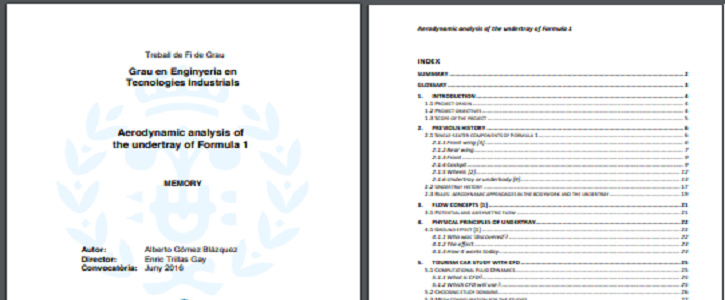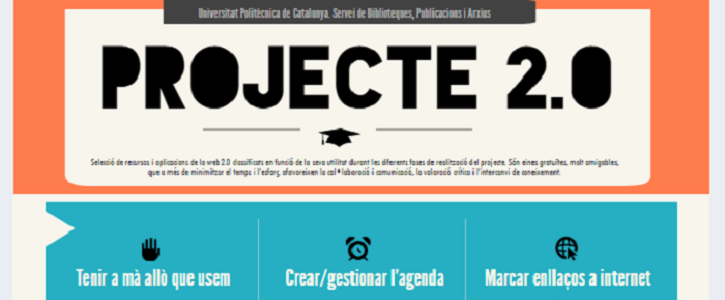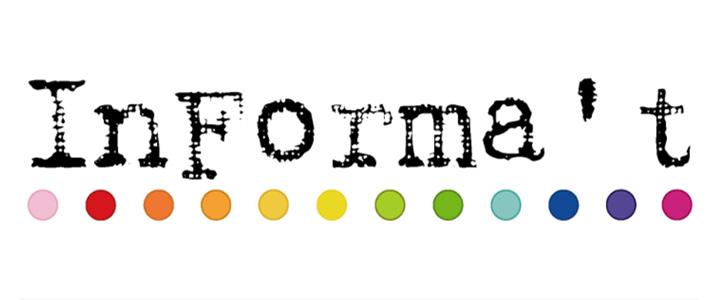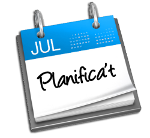
Plan with attention the different ones steps to follow in the preparation of your work.
With Plan yourself you can manage your time when doing a research job. It offers advice and suggestions in the preparation of academic work.

Plan with attention the different ones steps to follow in the preparation of your work.
With Plan yourself you can manage your time when doing a research job. It offers advice and suggestions in the preparation of academic work.
Look at the specific regulations of your school or faculty, as well as any one specific requirement established by this center or by the tutor and/or coordinating department of the work.
Decide what will be your working methodology to organize the different tasks associated with the development of the project.
This manual will be useful for you to plan, order and prioritize your work in a simple and effective way. A good methodology for organizing tasks will help you avoid the trap of procrastination (Methodologies of organization of tasks , University of Alicante).
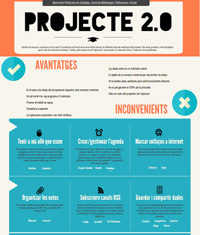 On the web you will find tools that can be useful for the management and elaboration of your work. Many of these tools are free (Help tools to organize the work plan, University of Alicante).
On the web you will find tools that can be useful for the management and elaboration of your work. Many of these tools are free (Help tools to organize the work plan, University of Alicante).
Project 2.0 it's a selection of web 2.0 resources and applications classified according to their usefulness during the different phases of the project. They are free, very friendly tools that, in addition to minimizing time and effort, favor collaboration and communication, critical evaluation and knowledge exchange.
We recommend you choose one reference manager com Zotero o Mendeley, in order to compile the bibliographic references necessary to carry out the work.
When choosing the topic of the work is important that this is of your interest. You will often have to select from the range of jobs offered by your school.
We recommend that you reach a consensus with the tutor on the thematic limits and the work hypothesis. Theformulation of the hypothesis will help us to see clearly the central topic of the TFG. A well-formulated hypothesis helps to:


